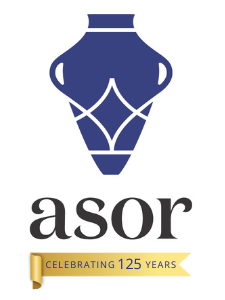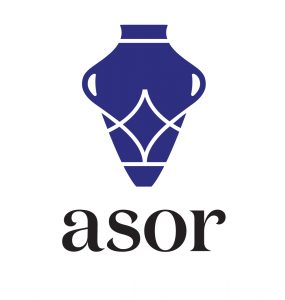
A STATEMENT TO ASOR MEMBERS ON RECENT U.S. GOVERNMENT ACTIONS
Dear ASOR colleagues,
Several of you have been in touch to comment on policies initiated by the new United States administration, especially (1) the Executive Order issued on January 27, 2017, that restricts entry of citizens of Iran, Iraq, Libya, Somalia, Sudan, Syria, and Yemen into the United States and (2) the proposal to eliminate the National Endowment for the Humanities and the National Endowment for the Arts, as part of cuts to the US federal budget. I write both to thank you for writing and, more important, to share with you ASOR’s response.
First, regarding the Executive Order, “Protecting the Nation From Foreign Terrorist Entry Into the United States” (link): this Executive Order, among other things, suspends the entry of immigrant and nonimmigrant citizens of Iran, Iraq, Libya, Somalia, Sudan, Syria, and Yemen into the United States for the next ninety days, until reviews are conducted to determine whether the countries in question provide information needed to certify that anyone seeking entry to the US is “who the individual claims to be and is not a security or public-safety threat.” After ninety days, it will be decided which countries adequately meet these requirements, and citizens of countries judged not to be in compliance would be barred from entering the United States until it is deemed that “compliance occurs.” Additional countries may be “recommended for similar treatment.”
ASOR counts among its members colleagues who come from many of the countries affected by this Executive Order. ASOR members across the globe, moreover, have innumerable friends and colleagues in these countries other than those who are ASOR members. ASOR’s members in the United States want only to extend to these friends and colleagues the warmest and most heartfelt hospitality when they come to the US, just as ASOR’s US members, and members elsewhere, have been extended warm and heartfelt hospitality in their time in the countries in question.
ASOR is thus profoundly concerned by policies that might undermine our friendships and collegial relationships. Indeed, and to the contrary, ASOR emphatically and unreservedly affirms that among our core values is the conviction that personal and cultural engagement and exchange among all of ASOR’s members and affiliates — including ASOR members, colleagues, and friends in the United States and ASOR members, colleagues, and friends in the countries affected by the Executive Order — are of inestimable benefit in promoting peaceful relations in our often troubled world.
Moreover, ASOR affirms its unwavering conviction that ASOR’s worldwide community of archaeologists, historians, and cultural heritage professionals who work together in countries such as Iran, Iraq, Libya, Sudan, Syria, and Yemen, and throughout the Near East and wider Mediterranean, are among those global ambassadors best able to promote understanding, mutual respect, and relationships of true well-being among our many nations.
ASOR, in short, asserts that security and safety for all concerned can flow from the alliances and goodwill that our members and affiliates have cultivated in our many years of working together as friends and colleagues in the Near East and wider Mediterranean. We seek policies that, instead of setting the United States at odds with whole citizenries in the Middle East, will foster among these nations the partnerships and collaborations that we at ASOR hold so dear, and we hope that going forward, our United States members will urge the US government to articulate policies consistent with these values.
ASOR as an organization, along with many, many ASOR members, has also benefitted from support extended by the National Endowment for the Humanities (NEH) and National Endowment for the Arts (NEA). The NEH has been committed to fostering our work of scholarly and personal engagement in the Near Eastern and Mediterranean worlds as part of its larger mission of supporting research, education, preservation, and public programs in the humanities and in those social sciences that use humanistic methods. The NEA has sustained ASOR members in their work by supporting museum exhibitions, care of collections, conservation, community engagement, and education activities.
Like many of our sister learned societies, therefore, we urge ASOR members who are United States citizens to speak out in support of the NEH and NEA, through the avenues provided by the National Humanities Alliance (of which ASOR is a proud member), at (NHA link), and PEN America link.
Again, I (and ASOR) thank you all for being in touch to voice your concerns, and I do hope you will be in touch with any other thoughts you might have.
In the meantime, and as always, all best,
Susan Ackerman
President, American Schools of Oriental Research
Preston H. Kelsey Professor of Religion, Dartmouth College
E-mail: asorpres@bu.edu

